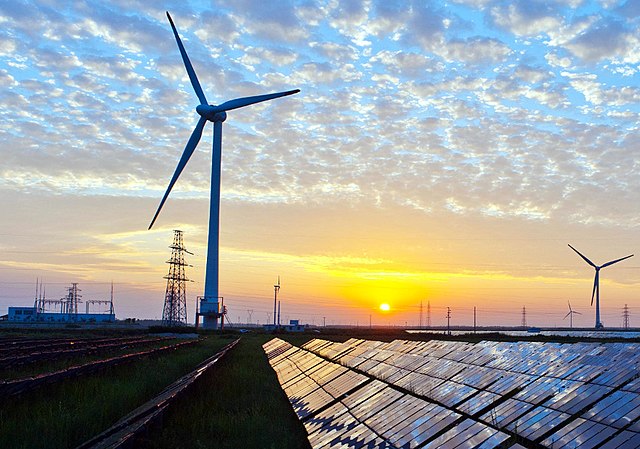
The Future Of Renewable Energy
As concern for climate change grows, so does the need to find renewable and sustainable energy sources. Recent advances in renewable energy production and increased economies of scale have helped to drive down costs and increase energy efficiency. In fact, solar and wind power are now the cheapest sources of power for two thirds of the world’s population.
Changing Trends In Energy Consumption
Nowadays, consumers demand more from businesses, choosing products and services from companies who demonstrate consideration for the environment through their use of renewable energy. Government policies and incentives have also been put in place to encourage adoption of renewable energy technologies, leading to more companies moving away from their reliance on fossil fuels.
Future Technological Advances
Whilst the main sources of renewable energy – solar power, wind power, geothermal power, hydro-power, tidal power and biomass – have been around for many years, there have been a lot of exciting new technological advances within these areas. The ongoing development of cost-effective energy storage units has dramatically changed the renewable energy landscape. Batteries, pumped hydro, compressed air and thermal energy storage systems have allowed renewable energy to be stored and accessed at any time of the day.
While traditional solar panels are typically installed on rooftops or on the ground, floating solar panels can be installed on bodies of water. This reduces the need for land area, which is currently an issue, providing opportunities for regions where land is scarce. Offshore wind power is increasingly popular, as it uses turbines that are typically larger and more efficient than those used onshore, allowing them to take advantage of stronger and more consistent winds.
Another recent technological advancement is ‘building integrated photovoltaics’, also known as BIPV. This solar power technology is integrated directly into building materials such as roofs and walls, allowing buildings to create solar energy without the need for roof panels. The technology may appeal to a wider range of customers as the results are more aesthetically pleasing.
Artificial intelligence (AI) has a big role to play in the future of renewable energy production, allowing for higher efficiency through optimisation, which can lead to cheaper energy production. For example, AI can be used to predict wind patterns, leading to adjustment of wind turbine settings or the output optimisation of solar panels based on current weather conditions.
Challenges With Renewable Energy
While renewable energy shows such strong potential, many challenges still remain. One of these challenges is that renewable energy is intermittent and highly dependant on weather conditions. Linked to this issue is energy storage, which is not yet scalable or cost-effective enough to meet the energy needs of the general public. Progress on this is certainly being made, as has already been mentioned, but there is still more to do.The current grid infrastructure will also need to be upgraded to handle the increase in complexity and variability of renewable energy generation. Some sources, such as solar panelling and onshore wind farms, still require large amounts of land in order to be viable.
The future is still positive, however, and the cost has begun to decrease in recent years, even if it remains more expensive than fossil fuels in some regions. Although the intermittency and storage challenges are yet to be fully overcome, the trend for renewable energy adoption is only expected to increase along with further technological advancements and the eventual lowering of costs.
Interested in finding out more? Economic Activity and Energy is just one of the modules you will cover in our Geography IGCSE accredited distance learning course. Get in touch with us today to find out more.